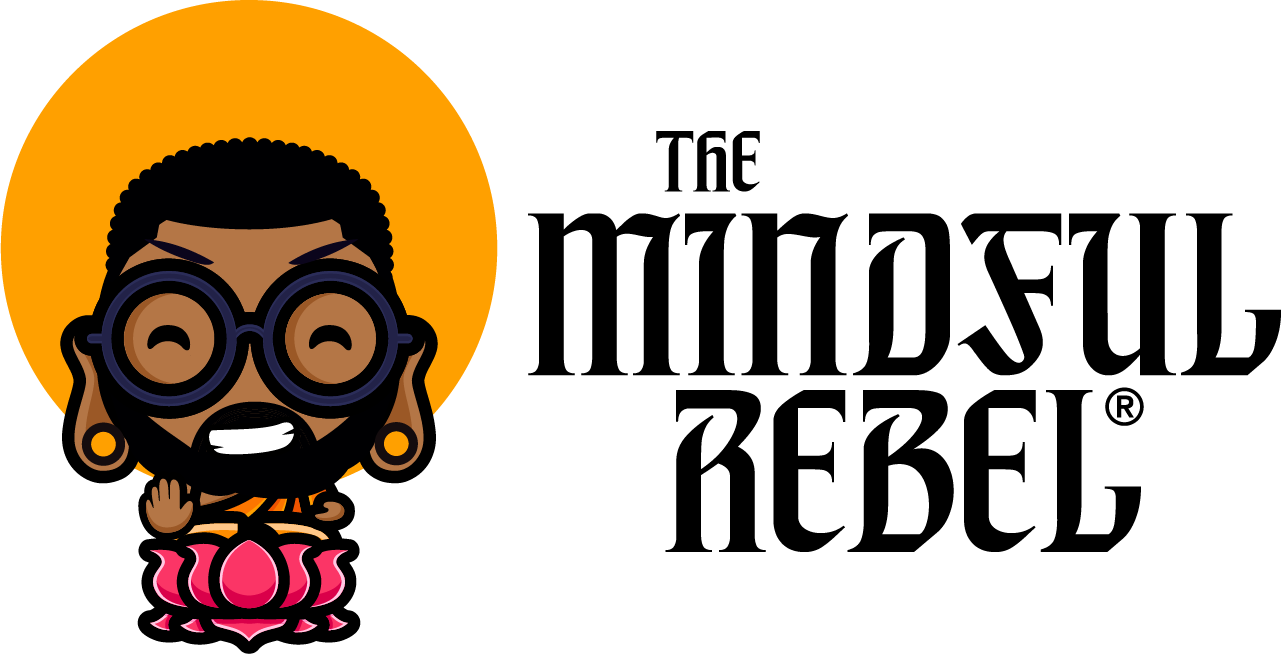Intentional Language: Why Saying 'I Did Nothing' is Underrating Your Rest
Transforming How We Talk About Downtime
As a practitioner, teacher, and educator in the mindfulness space, I often encounter individuals who feel guilty about taking time to rest (lol I'm one of those people too). There's a common misconception that if we're not constantly productive, we're wasting time. More recently, I have been thinking about ways we can challenge that notion and explore the vital importance of intentional rest, drawing from my own recent experience.
During my week of rest at the beginning of September, I found myself struggling with the phrase "I'm doing nothing" when describing my time off. It struck me that this simple statement failed to capture the richness and value of those restful moments. This insight led me to reflect on how we often overlook the essential acts of self-care and rejuvenation we engage in.
With a simple, yet intentional shift in language, we can reframe this perspective and acknowledge the value in these moments. You are doing something, unless you sitting home like this (lol):
Instead of saying "I did nothing today," consider these alternatives:
“I rested and napped”: Allowing our bodies and minds to recuperate is crucial for overall well-being. Laying your a** down is enough. Those adult naps… whew… they hit different at this age.
“I recharged”: Actively replenishing our energy reserves prepares us for future challenges, especially when we know our internal battery is on 2% and we are teetering on burnout.
“I engaged in my hobbies”: Engaging with activities we enjoy can be both relaxing and inspiring, whether that is movies, gaming, getting in nature, reading, etc.
“I INTENTIONALLY chose not to make plans”: Sometimes, leaving space in our schedule is exactly what we need. An open schedule does not mean “free” time.
“I recovered from a busy period”: Processing experiences and allowing ourselves to reset is productive in its own right. We know how it feels moving out of a grinding/hustle period.
“I shortened my to-do list”: Prioritizing tasks and letting go of non-essentials can be liberating.
“I took a mental health day”: Acknowledging and tending to our emotional needs is vital. If we don’t take the time, who will?
“I spent time with myself”: Solitude allows for opportunties self-reflection and observing what is happening in our inner landscape. Constant motion does not provide space for that level of reflection.
“I took time for spiritual practice/ritual”: Sometimes we have to let Jesus, or Buddha (or whomever centers your spiritual practice) take the wheel, creating space to be in connection with something larger.
By naming these activities specifically, we honor their importance and recognize the value they bring to our lives. This shift in language can help us appreciate the depth and significance of our restful moments.
“Stop saying rest is a luxury or a privilege. It is not — it’s a human right … it gives us the space to embody and live in divinity.”
Remember, rest is not laziness - it's a crucial component of a balanced, healthy life. By reframing these activities as valuable uses of our time, we can soften our connection to guilt and find refuge in purposeful rest.
So the next time you feel tempted to say you've "done nothing," pause and recognize the importance of what you've actually given yourself. Take a moment to name and celebrate the richness of your restful experiences. In doing so, you'll not only honor your need for rest but also cultivate a deeper appreciation for these vital moments of self-care.


